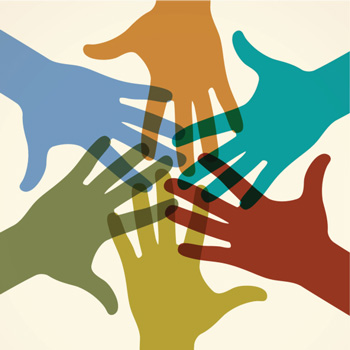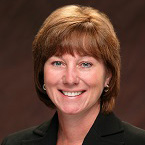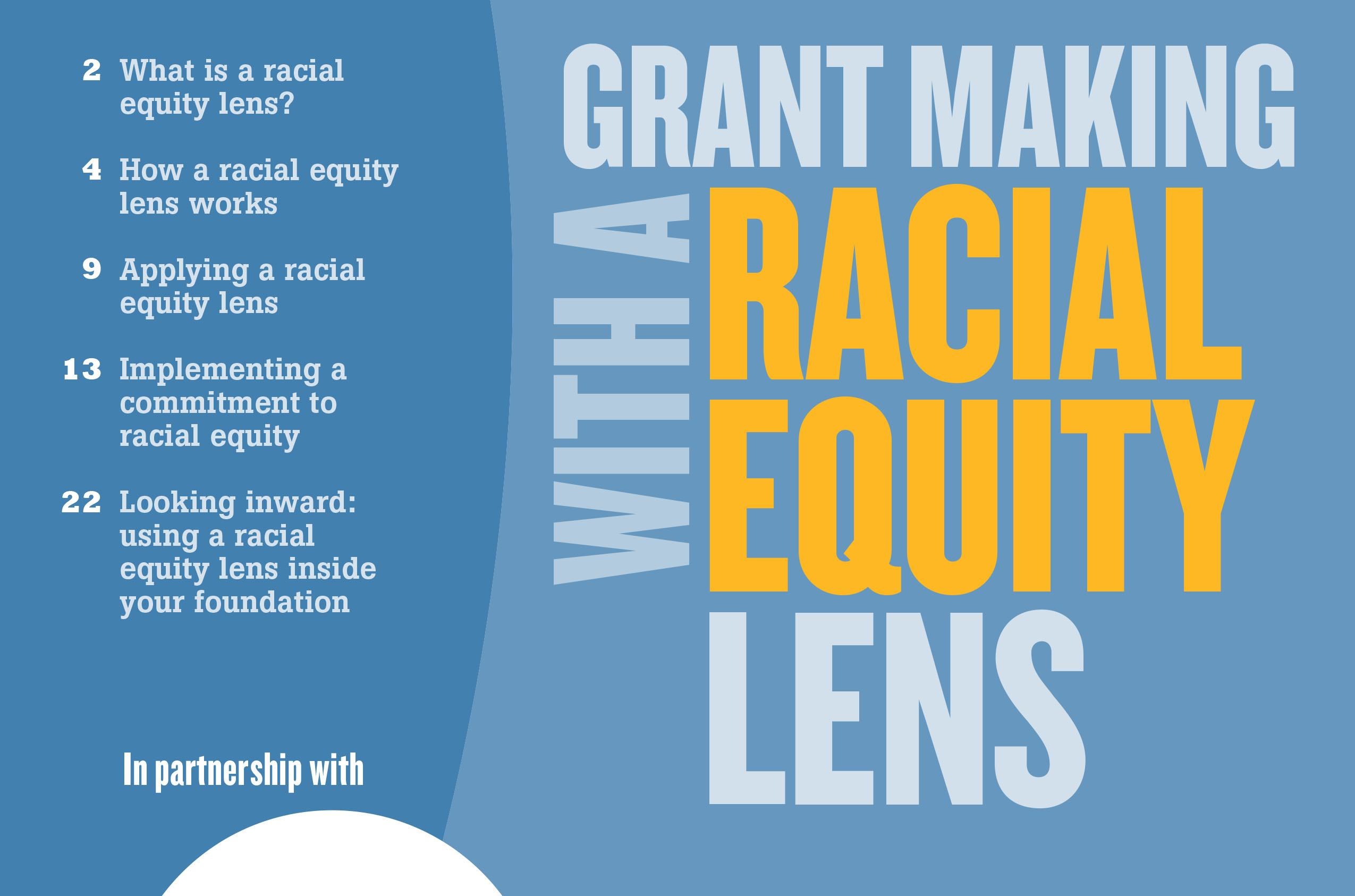Leveraging the Power of Differences: Start Where You Are… But Where Are You?
Start where you are is oft-heard wisdom from board members and foundation leadership at the beginning of strategic planning processes, with the best of intentions. It fosters approachability and practicality. It’s actionable. But what if you don’t know where, exactly, it is that you are? When it comes to an organization looking to improve its comprehension and practice of diversity, equity, and inclusion (DEI) in all areas of work, finding where to start can prove to be a hurdle that slows progress from the onset. Here at the Council of Michigan Foundations (CMF), we ultimately learned where to start by starting in a different place.
 There is a gap in awareness and understanding of DEI principles in the philanthropic sector. Vicki Rosenberg, a DEI consultant who has interviewed philanthropy professionals extensively on the subject, observed common misperceptions including that DEI is about race exclusively, and that adding a diverse individual or two (be it socio-economic status, ethnicity, race, geography, sexual orientation, gender identity, age, ability status, or other) to the staff or board is the first and only step in the change process. Shifting demographics nationally in the United States also highlight a DEI issue, as studies like D5’s 2012 State of the Work report show that the demographics of foundation leadership don’t reflect the nation’s overall diversity and less than one third of foundations have diversity policies and practices in place.
There is a gap in awareness and understanding of DEI principles in the philanthropic sector. Vicki Rosenberg, a DEI consultant who has interviewed philanthropy professionals extensively on the subject, observed common misperceptions including that DEI is about race exclusively, and that adding a diverse individual or two (be it socio-economic status, ethnicity, race, geography, sexual orientation, gender identity, age, ability status, or other) to the staff or board is the first and only step in the change process. Shifting demographics nationally in the United States also highlight a DEI issue, as studies like D5’s 2012 State of the Work report show that the demographics of foundation leadership don’t reflect the nation’s overall diversity and less than one third of foundations have diversity policies and practices in place.
The demonstrated need for greater awareness coupled with the compelling linkage of DEI to our collective work led CMF to a goal of transforming Michigan philanthropy through diversity and inclusion. Several successful programs resulted from the six-year initiative that supported this goal, and our evaluations indicate that the people who engaged in these programs saw strong value in them. We were closing the awareness gap for those engaged, and we catalyzed deeply engaged foundations to make systemic changes in their policies, practices, understanding and commitment to DEI. But programs alone weren’t leading to a critical mass of foundations participating in the work. Quite the contrary; through further assessment, we found that in an effort to unite the field around DEI, we had unintentionally left some foundations out. Many didn’t see themselves in the work. “This isn’t an issue for my organization” was a common theme amongst CMF members. Preconceived notions of what DEI is stopped conversations before they had begun.
Our essential breakthrough was realizing that to begin a DEI journey, a foundation needs to first internally reflect and assess where it’s at and see itself in the work. We’d found our new start.
Building on extensive research and insights from six years of learning, successes, and a healthy number of failures, we launched a free assessment tool and discussion guide aimed at guiding foundations through the critical first step of finding their starting points as it relates to DEI work.
Is Your Foundation Leveraging the Power of Differences? helps foundations and nonprofits begin essential conversations and determine organizational readiness for evolution by guiding participants through a series of statements grouped by four topics: understanding, commitment, conditions, and resources. Each topic is accompanied by a brief explanation of why it’s important and a short case study of one of our early-adopter member organizations illustrating what it looks like.
The assessment asks individuals to evaluate where their organization stands with regard to these essential aspects of a diverse and inclusive culture. Non-ranked categories of response were designed to encourage honesty and give leadership a clear view of the current landscape. Users have leveraged the tool as a starting point for deeper conversation as well as a helpful baseline setter. For example, The Kalamazoo Community Foundation opted to customize the self-assessment to gather baseline data on organizational readiness for equity work, one of three big goals of its 2015-16 Strategic Plan. Assessment results are now driving internal capacity development. According to Susan Springgate, vice president, finance and administration, the foundation will repeat the assessment annually to track improvements in the four categories of understanding, commitment, conditions, and resources.
Starting where you are – and knowing where you are – are critical first steps in a long-term journey of organizational change. As we continue to develop tools and resources to support advancement of DEI principles in our practice, we’re eager to keep learning from our members and peers in the field. How have you discovered your starting point? How have you learned from failures? How do you talk about DEI? Continue the conversation here or with @michfoundations on social media using #cmfdei.



